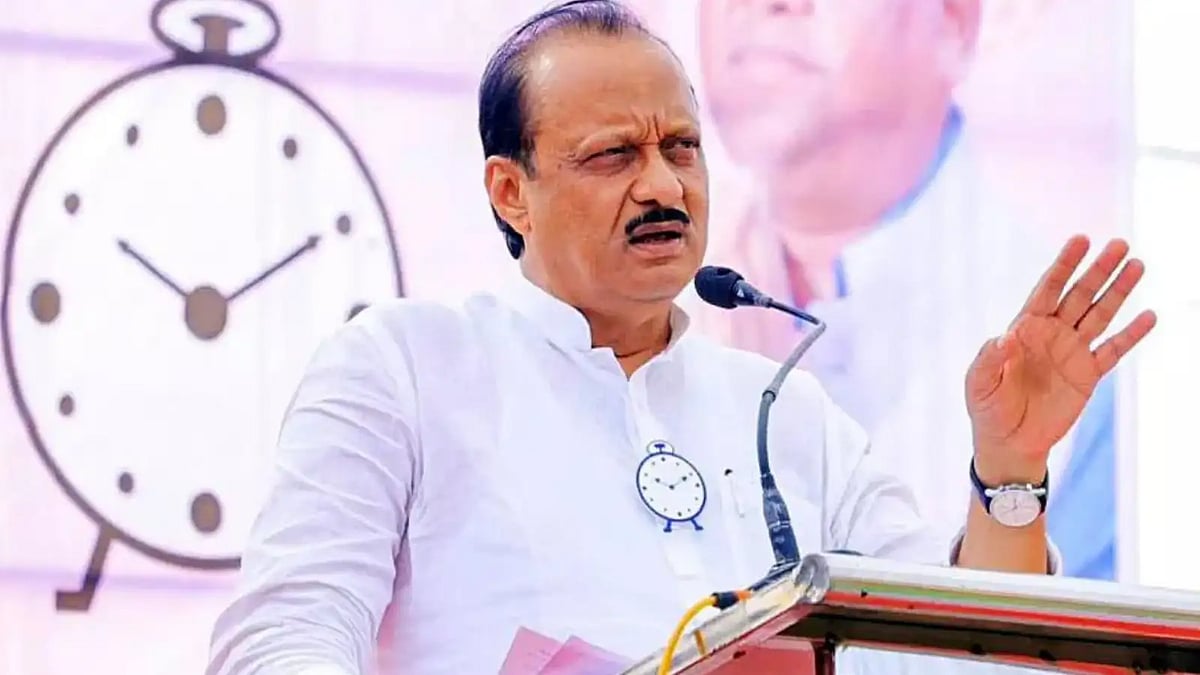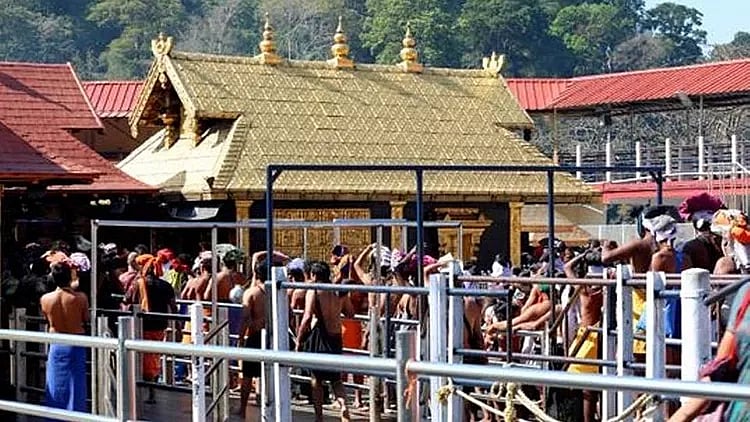We have entered the New Year after three years of tumult, uncertainty, loss and disruption. The pandemic that shook the world and continues to ravage China has been a once-in-a-century calamity. The Russian invasion of Ukraine was a rude shock to the nation-state system that prevailed for two centuries, and to the global order painstakingly established after World War II. In the midst of the revelries, hopes and aspirations, this is a good time to reflect on the lessons of these three years. Customary wishes and hopes for a new year should be informed by our collective experience of this traumatic period.
The Covid-19 pandemic rudely awakened us to realities of life. For about a century after the Spanish Flu pandemic that killed millions in the aftermath of World War I, humankind was blessed with better health care and an increasing lifespan. Covid reminded us that humans are still a fragile species and we cannot take for granted the simple joys of life and freedom from preventable disease. This pandemic is surely not the last to afflict humanity.
Mass vaccination and natural infection across much of the world gave us herd immunity, and the worst is behind us. In many ways we have been lucky: effective and safe vaccines were developed and made available to all in record time; Covid fatalities are under 1% of the infected population, and young and otherwise healthy people were largely spared. The next pandemic could be more problematic: it could be more virulent and deadly, and we may not be able to develop an effective vaccine quickly. It makes sense that we should not go back to complacency once the danger passes.
There are tens of thousands of viruses in nature that could jump species and cause us sickness given the ‘right’ conditions. These are zoonotic pathogens. There is no way we can develop and administer thousands of vaccines to save lives. The most important question to ask is, can we prevent or minimise the risk of zoonosis, or viruses jumping species and harming humans. The good news is that we can prevent zoonosis by collective action.
Reckless felling of forests is bringing humans and wild animals into closer contact. The more we destroy forests, the greater the possibility of viruses jumping from these animals to us. Eventually some viruses will mutate and spread among humans, causing sickness. So it makes abundant sense to prevent further deforestation. Humankind, for over 10,000 years, has been felling forests to raise crops or build settled communities – villages, towns and cities. If deforestation, particularly of rainforests and other natural forests with dense foliage, continues unchecked, there will inevitably be new pandemics. This challenge has to be addressed globally, because the hotspots are mostly in Brazil, parts of Africa and Southeast Asia. We need to evolve global mechanisms to stop invading forests even as local livelihoods and economies are protected.
The other cause of zoonosis is the ever-growing demand in some countries for exotic meats. There is large-scale hunting of species like bats for this purpose. Such exotic meat constitutes a tiny proportion of global food consumption and is wholly unnecessary. And it increases the risk of zoonosis exponentially. Laws prohibiting hunting of wild animals exist but are not enforced seriously. Until global demand for these exotic foods is firmly curbed, poor communities will continue to hunt wildlife and expose humanity to zoonotic viruses.
Russia’s invasion of Ukraine was a rude shock to a complacent Europe and world. We had taken the post-War global order for granted. While there have been several local wars, border skirmishes and civil wars in some societies, a full-scale invasion of another country to annex it and wipe it off the map has not happened since 1945. India entered East Pakistan in 1971 in a desperate situation, resulting in the creation of Bangladesh, but our troops promptly withdrew. China attacked India in 1962 and Vietnam in 1978, but withdrew its troops. While border disputes continue, countries are not annexed. The U.S., with or without U.N. sanction, invaded Grenada (1983), Panama (1989-90), Haiti (1994-95), Afghanistan (2001-21) and Iraq (2003-11), but it was never to annex a country or alter its borders, and in each case the troops were withdrawn.
For the first time, Russia invaded an independent, sovereign, globally recognised country with the intention of annexing the whole or large parts of it. There was never a border dispute between the two, and Russia had recognised Ukraine as an independent, sovereign nation after the Soviet Union broke up into 15 independent republics. If a small country with conventional weapons invades another, the global community can discipline it and restore order. When Iraq conquered Kuwait, the global community liberated Kuwait with a U.N.-sanctioned force in 1991. But if a major power with a vast nuclear arsenal invades a smaller neighbour and attempts to subjugate its population by force, there is no easy remedy. While it is an existential crisis for the brave Ukrainians, it is a fundamental challenge to the global order whose collapse would mean we go back to the era when might was right.
This is sad, particularly when we need greater cohesion and collective action given imperatives of global trade and commerce, increasing interdependence, and the vital need to combat global challenges of climate change and future pandemics.
If nothing else, the last three years made humanity acutely aware of what truly matters, how tenuous and ephemeral our existence can be, and how inextricably interlinked our lives and futures are, transcending barriers of caste, religion, region and nationality. Let us hope that in 2023 and thereafter, we will internalise these lessons and make our individual and collective lives richer and more harmonious. Human society has unprecedented opportunity to fulfil its potential and eliminate avoidable suffering. But if we continue to fragment ourselves and fail to respond to global challenges collectively, we will be snatching defeat from the jaws of victory.
The author is the founder of the Lok Satta movement and Foundation for Democratic Reforms. He can be contacted at drjploksatta@gmail.com/Twitter @jp_loksatta









